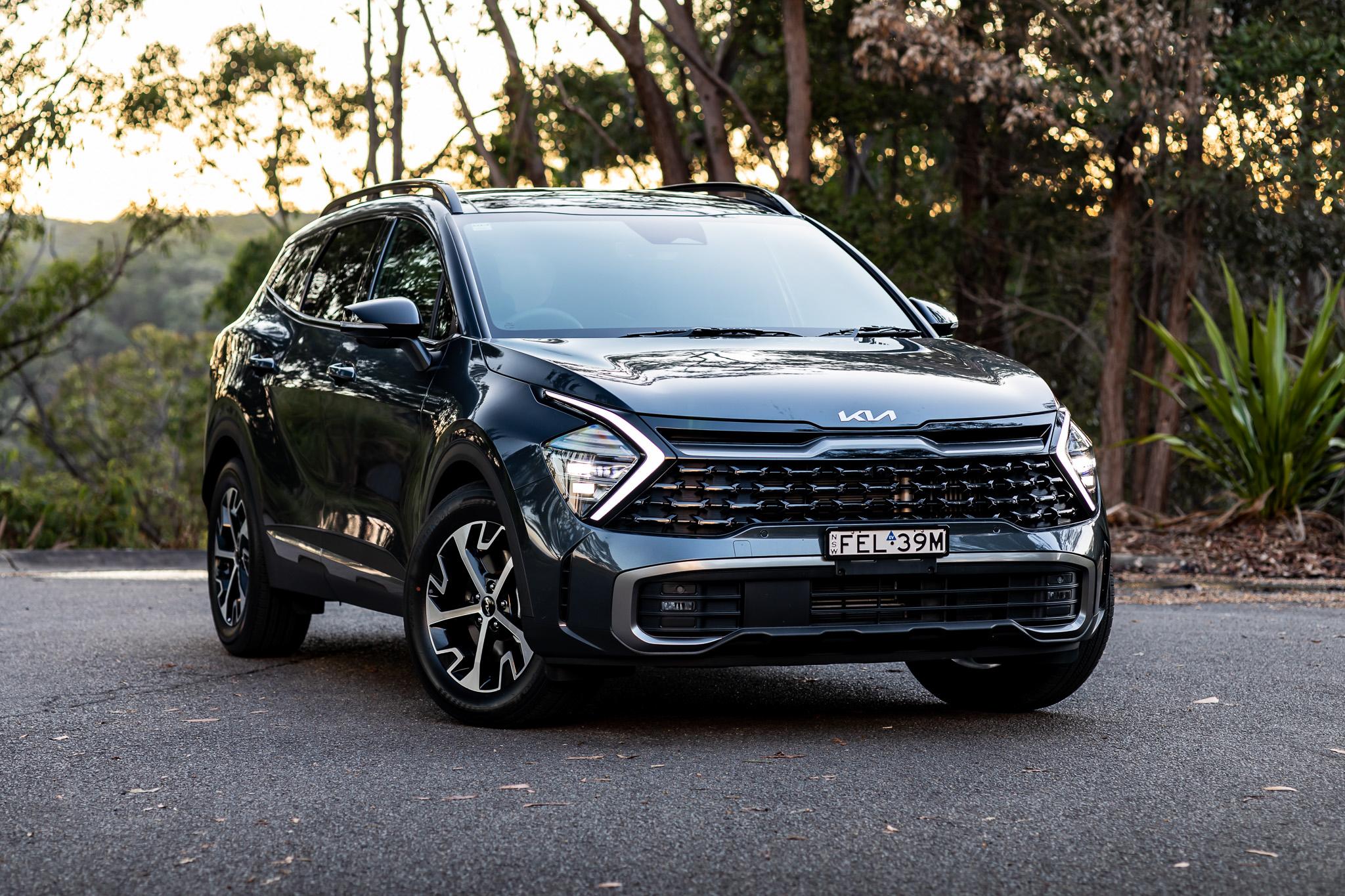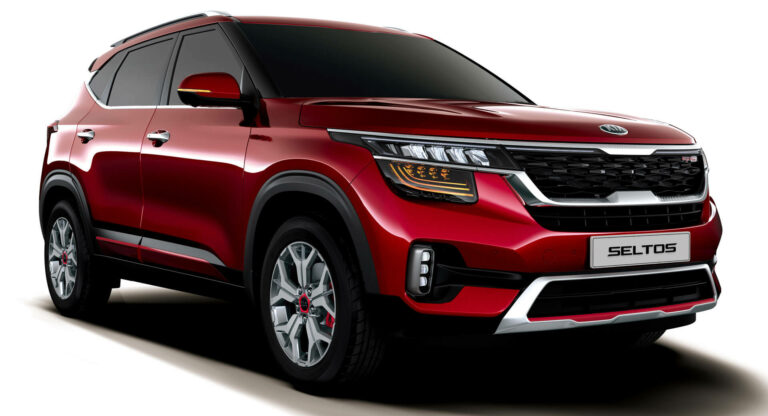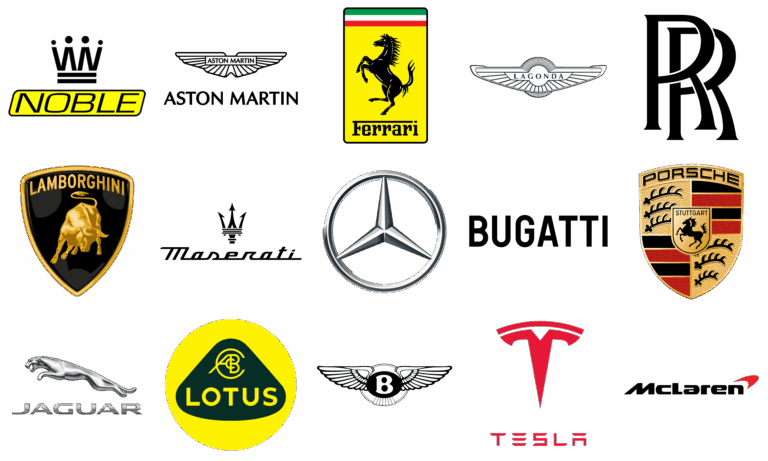Car Brands With Best Warranty: Your Ultimate Guide to Peace of Mind on the Road
Car Brands With Best Warranty: Your Ultimate Guide to Peace of Mind on the Road cars.truckstrend.com
Purchasing a new car is a significant investment, often second only to buying a home. Beyond the sticker price, fuel efficiency, and performance, there’s a crucial factor that savvy buyers increasingly prioritize: the car’s warranty. A robust warranty isn’t just a piece of paper; it’s a promise from the manufacturer, offering financial protection and invaluable peace of mind against unexpected repair costs. In an era where vehicle technology is more complex than ever, understanding which car brands offer the best warranties can save you thousands of dollars and countless headaches down the line.
This comprehensive guide will delve into the world of automotive warranties, highlighting what to look for, why it matters, and, most importantly, which car brands stand out for their exceptional coverage. Whether you’re a first-time buyer or a seasoned car owner, equip yourself with the knowledge to make an informed decision that protects your investment for years to come.
Car Brands With Best Warranty: Your Ultimate Guide to Peace of Mind on the Road
Understanding Car Warranties: The Layers of Protection
Before we identify the top brands, it’s essential to understand the different types of warranties that typically come with a new vehicle. Not all warranties are created equal, and knowing the distinctions will help you compare offerings effectively.
-
Basic Limited Warranty (Bumper-to-Bumper): This is the most comprehensive coverage, encompassing most components from the front bumper to the rear. It covers defects in materials or workmanship for a specified period or mileage, whichever comes first. Exclusions usually include wear-and-tear items (tires, brake pads, wiper blades), routine maintenance, and damage from accidents or misuse. Typical coverage ranges from 3 years/36,000 miles to 5 years/60,000 miles.
-
Powertrain Warranty: This warranty specifically covers the most expensive components of your vehicle: the engine, transmission, and drive axle components (like the driveshaft, differentials, etc.). Because these repairs can be incredibly costly, a longer powertrain warranty is a significant advantage. Coverage often extends beyond the basic warranty, commonly ranging from 5 years/60,000 miles to an impressive 10 years/100,000 miles.
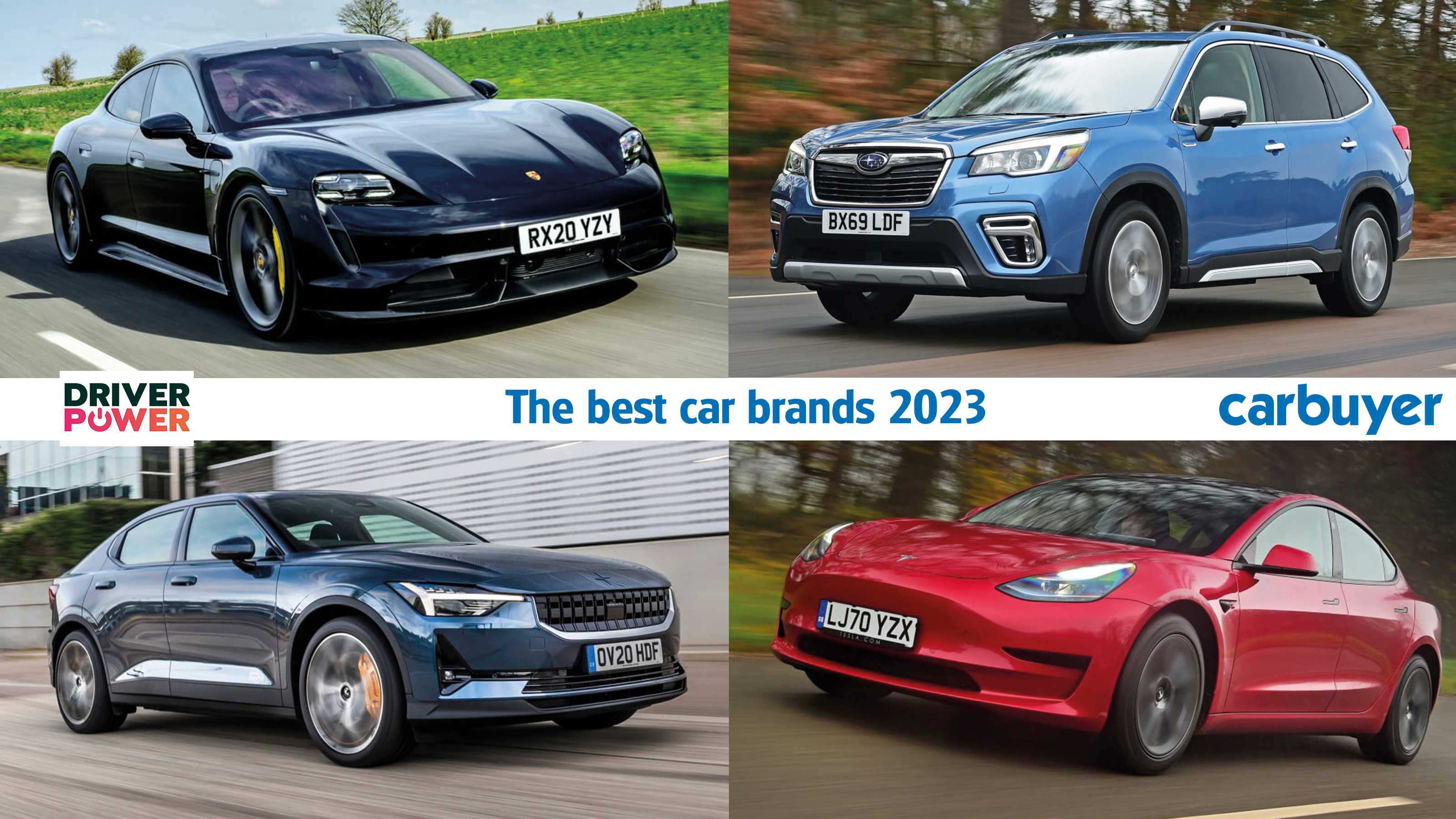
-
Corrosion/Perforation Warranty: This covers body panels that develop rust-through (a hole in the sheet metal caused by corrosion) due to defects in materials or workmanship. It usually lasts longer than the basic warranty, often 5 to 7 years with unlimited mileage.
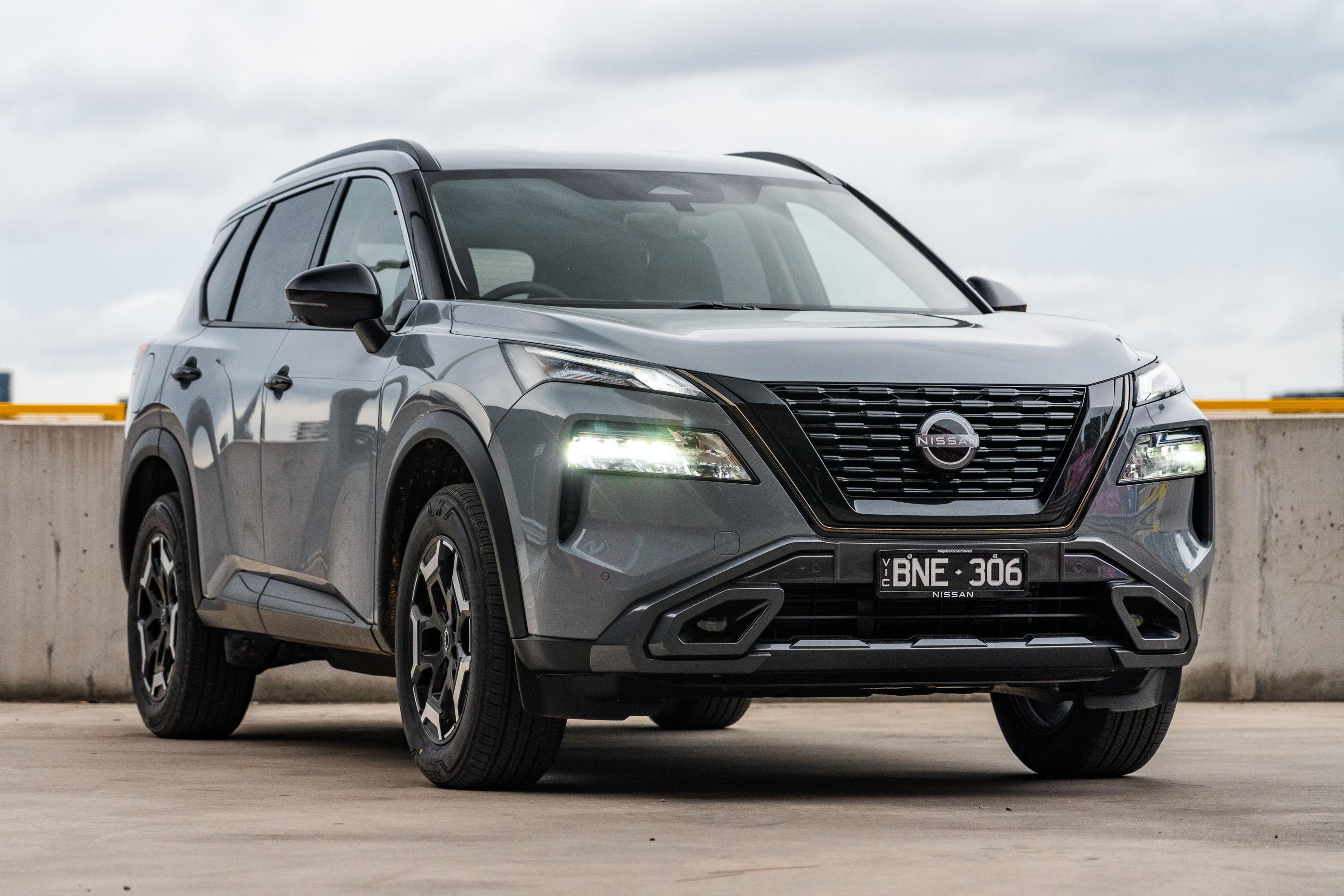
Roadside Assistance: Many new car warranties include a period of complimentary roadside assistance, which can be a lifesaver. Services typically include towing, jump-starts, flat tire changes, fuel delivery, and lockout assistance.
-
Emissions Warranty: Mandated by federal law, this covers components related to the vehicle’s emissions control system. It’s often divided into two categories: "performance warranty" (2 years/24,000 miles) and "design and defect warranty" (8 years/80,000 miles) for major components like catalytic converters and engine control modules.
-
Hybrid/EV Battery Warranty: For hybrid and electric vehicles, specific warranties cover the high-voltage battery and associated electric components. These are often the longest warranties offered, sometimes extending to 8-10 years/100,000-150,000 miles, reflecting the high cost of these crucial components.

Why a Strong Warranty Matters: Benefits Beyond Repair Costs
Investing in a vehicle with a superior warranty offers numerous advantages that extend far beyond simply covering repair bills:
- Financial Protection: This is the most obvious benefit. Unexpected major repairs, such as a transmission replacement or engine overhaul, can cost thousands of dollars. A comprehensive warranty acts as a financial safety net, protecting your budget from these unpredictable expenses.
- Peace of Mind: Knowing that your significant investment is protected against manufacturing defects or component failures allows you to enjoy your driving experience without constant worry about potential breakdowns.
- Indication of Quality: Manufacturers who offer longer and more comprehensive warranties typically have greater confidence in the reliability and durability of their vehicles. It suggests robust engineering and quality control processes.
- Enhanced Resale Value: A transferable factory warranty can be a significant selling point when it comes time to trade in or sell your car. Buyers are often willing to pay more for a used vehicle that still has manufacturer-backed coverage remaining, reducing their own risk.
- Reduced Total Cost of Ownership: While a car’s purchase price is important, the total cost of ownership includes maintenance, insurance, fuel, and potential repairs. A strong warranty can significantly lower your long-term repair costs, making the car a more economical choice over its lifespan.
Car Brands with the Best Warranties: Leading the Pack
While many brands offer competitive warranties, a few consistently stand out for their generous standard coverage, particularly in the powertrain segment. These brands offer some of the longest and most comprehensive warranties in the industry, making them highly attractive to buyers seeking maximum protection.
-
Hyundai: Hyundai has been a pioneer in offering America’s Best Warranty™ for years, making it a benchmark for others.
- Basic Limited Warranty: 5 years/60,000 miles
- Powertrain Warranty: 10 years/100,000 miles
- Anti-Perforation Warranty: 7 years/unlimited miles
- Roadside Assistance: 5 years/unlimited miles
-
Kia: As a sister company to Hyundai, Kia offers an identical, industry-leading warranty package, often referred to as the "10-year/100,000-mile warranty."
- Basic Limited Warranty: 5 years/60,000 miles
- Powertrain Warranty: 10 years/100,000 miles
- Anti-Perforation Warranty: 5 years/100,000 miles
- Roadside Assistance: 5 years/60,000 miles
-
Mitsubishi: Mitsubishi also competes aggressively with a robust warranty program, particularly strong on the powertrain.
- Basic Limited Warranty: 5 years/60,000 miles
- Powertrain Warranty: 10 years/100,000 miles
- Anti-Corrosion Perforation Warranty: 7 years/100,000 miles
- Roadside Assistance: 5 years/unlimited miles
-
Genesis: Hyundai’s luxury brand, Genesis, inherits the excellent warranty structure of its parent company, providing premium protection for premium vehicles.
- Basic Limited Warranty: 5 years/60,000 miles
- Powertrain Warranty: 10 years/100,000 miles
- Anti-Perforation Warranty: 7 years/unlimited miles
- Roadside Assistance: 5 years/unlimited miles (with concierge service)
While these four brands often lead the pack in terms of sheer length of coverage, it’s worth noting that other manufacturers offer very competitive packages, especially when considering overall vehicle reliability. Brands like Subaru, Toyota, and Honda, while offering standard 3-year/36,000-mile basic and 5-year/60,000-mile powertrain warranties, often boast high reliability ratings, potentially leading to fewer warranty claims in the first place.
Practical Advice and Actionable Insights for Warranty Shopping
Navigating the world of car warranties can feel overwhelming, but with these practical tips, you can make an informed decision:
- Don’t Just Look at the Numbers: While the years and miles are crucial, delve deeper. Understand what "bumper-to-bumper" truly covers and, more importantly, what it doesn’t.
- Prioritize Powertrain: For most buyers, the powertrain warranty is the most critical, as engine and transmission repairs are the most expensive. A long powertrain warranty offers significant long-term protection.
- Check Transferability: If you plan to sell your car before the warranty expires, ensure the warranty is transferable to the next owner. Some long powertrain warranties (like Hyundai/Kia’s 10-year/100,000-mile) might revert to a shorter 5-year/60,000-mile for subsequent owners, so clarify this.
- Understand Deductibles: Some warranties, particularly extended ones, may have a deductible per repair visit. Factor this into your potential costs.
- Read the Fine Print (Seriously!): The warranty booklet contains all the details. Pay attention to exclusions, maintenance requirements (which, if not followed, can void your warranty), and claim procedures.
- Consider Reliability Alongside Warranty: A long warranty is fantastic, but a reliable car that rarely needs repairs is even better. Research reliability ratings from sources like J.D. Power, Consumer Reports, and RepairPal alongside warranty offerings. The ideal scenario is a highly reliable car with a great warranty.
- Ask About Loaner Cars and Roadside Assistance: During a covered repair, will the dealership provide a loaner vehicle? How extensive is the roadside assistance? These perks add significant value.
- Distinguish Between Factory and Extended Warranties: The warranties discussed above are factory warranties, included with the new car. Dealerships often push extended warranties (service contracts) at the time of purchase. Research these carefully, as they are separate agreements and may not always offer the best value compared to the factory coverage.
Challenges and Solutions
Even with a great warranty, challenges can arise. Being prepared can save you hassle:
- Challenge: Misunderstanding Warranty Terms.
- Solution: Read the warranty booklet thoroughly, ask specific questions to the dealer, and if in doubt, contact the manufacturer directly for clarification.
- Challenge: Voiding the Warranty.
- Solution: Adhere strictly to the manufacturer’s recommended maintenance schedule, use approved parts and fluids, and avoid aftermarket modifications that could impact covered components. Keep detailed records of all maintenance.
- Challenge: Dealership Disputes Over Coverage.
- Solution: Document everything (dates, times, names of personnel, specific issues). If a dispute arises, contact the manufacturer’s customer service directly. They often have departments dedicated to resolving such issues.
Table of Car Brands with Best Warranty Comparison
Here’s a quick comparison of standard factory warranty coverages for some of the leading brands known for their generous offerings:
| Brand | Basic Limited Warranty (Years/Miles) | Powertrain Warranty (Years/Miles) | Corrosion Warranty (Years/Miles) | Roadside Assistance (Years/Miles) | Notes |
|---|---|---|---|---|---|
| Hyundai | 5 years/60,000 miles | 10 years/100,000 miles | 7 years/unlimited miles | 5 years/unlimited miles | One of the best in the industry; powertrain warranty is non-transferable at full length to second owners. |
| Kia | 5 years/60,000 miles | 10 years/100,000 miles | 5 years/100,000 miles | 5 years/60,000 miles | Shares the industry-leading powertrain warranty with Hyundai. |
| Mitsubishi | 5 years/60,000 miles | 10 years/100,000 miles | 7 years/100,000 miles | 5 years/unlimited miles | Strong powertrain coverage, competitive with Hyundai/Kia. |
| Genesis | 5 years/60,000 miles | 10 years/100,000 miles | 7 years/unlimited miles | 5 years/unlimited miles | Luxury brand with premium service and top-tier warranty. |
| Subaru | 3 years/36,000 miles | 5 years/60,000 miles | 5 years/unlimited miles | 3 years/36,000 miles | Standard coverage, but known for high reliability, reducing the need for warranty claims. |
| Toyota | 3 years/36,000 miles | 5 years/60,000 miles | 5 years/unlimited miles | 2 years/unlimited miles | Standard coverage, also noted for exceptional long-term reliability. |
| Honda | 3 years/36,000 miles | 5 years/60,000 miles | 5 years/unlimited miles | 3 years/36,000 miles | Standard coverage from another highly reliable brand. |
Note: Warranty terms can change, and specific exclusions apply. Always consult the official warranty documentation for the most accurate and up-to-date information.
Frequently Asked Questions (FAQ) about Car Warranties
Q1: What’s the difference between a factory warranty and an extended warranty?
A1: A factory (or "bumper-to-bumper") warranty is included by the manufacturer with the purchase of a new car. An extended warranty (also called a service contract) is an additional, optional agreement you purchase, often from the dealership or a third party, to cover repairs after the factory warranty expires.
Q2: Does a car warranty cover everything?
A2: No. Warranties typically cover defects in materials or workmanship. They generally do not cover routine maintenance items (oil changes, tire rotations), wear-and-tear parts (brake pads, tires, wiper blades), damage from accidents, misuse, or unauthorized modifications.
Q3: Can I get my car serviced anywhere and still maintain my warranty?
A3: Generally, yes. The Magnuson-Moss Warranty Act protects consumers’ rights to choose where they have their vehicle serviced, as long as the service is performed correctly, using appropriate parts, and according to the manufacturer’s schedule. Always keep detailed records and receipts of all maintenance.
Q4: What actions can void a car warranty?
A4: Common reasons for voiding a warranty include: neglecting scheduled maintenance, using non-approved parts or fluids, significant aftermarket modifications (e.g., engine tuning, lift kits), racing or off-roading (if not intended for the vehicle), or flood/salvage titles.
Q5: Is a longer warranty always better?
A5: While a longer warranty offers more protection, it’s not the only factor. A car with a shorter warranty but a strong reputation for reliability might incur fewer out-of-pocket repair costs than a less reliable car with a longer warranty that’s frequently used. The best scenario combines both excellent reliability and comprehensive warranty coverage.
Q6: Do hybrid and electric vehicle (EV) batteries have special warranties?
A6: Yes, hybrid and EV batteries typically have separate, longer warranties due to their high cost and critical role. These often range from 8 years/100,000 miles to 10 years/150,000 miles, sometimes even more in certain states like California, which has stricter emissions regulations.
Conclusion
In the complex landscape of car buying, a robust warranty stands as a pillar of security and financial foresight. While the allure of design, performance, and features is undeniable, the underlying promise of manufacturer support can significantly impact your ownership experience. Brands like Hyundai, Kia, Mitsubishi, and Genesis have set a high bar, offering some of the most comprehensive and extensive warranty programs in the industry, providing invaluable peace of mind for their customers.
Ultimately, an informed decision involves balancing a vehicle’s initial cost, long-term reliability, and the breadth of its warranty coverage. By understanding the different types of warranties, knowing which brands offer superior protection, and being diligent in reading the fine print, you empower yourself to choose a vehicle that not only meets your driving needs but also safeguards your investment for many miles and years to come. Drive confidently, knowing your car—and your wallet—are well protected.
